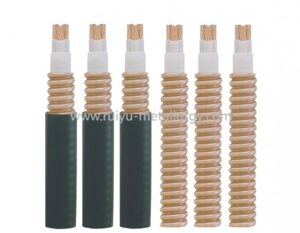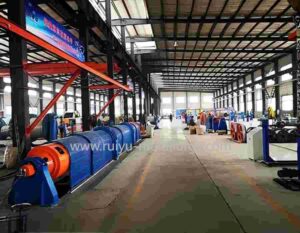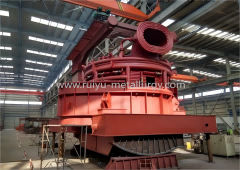Iron and steel industry is a very large industry, the number of manufacturers, varying in size, but in the production process using a large number of electrical equipment and power transmission equipment need all kinds of wires and cables as a support, so the steel industry cable demand. In addition to the traditional power cables, such as high-voltage cables, overhead lines, etc., but also includes various types of control cables, instrumentation cables, communication cables, etc..
1. The performance requirements of the steel industry on the cable
Iron and steel industry production environment is usually harsh, there are high temperature, low temperature, humidity, corrosion, etc., so for the cable corrosion resistance, waterproof, high temperature resistance and low temperature resistance and other properties have high requirements. At the same time, due to the production process requires a large number of mobile equipment and machine rooms and other special occasions, the use of flexibility is also required.
2. Application scenarios of cables in the steel industry
Power Transmission: Mainly using high voltage cables, overhead lines and other transmission methods, through the transmission and transformation station for power conversion, supplying to the various types of electrical equipment used within the plant.
Electrical equipment connection: the steel industry needs all kinds of electrical equipment in the production process, such as coiler, rolling machine, cutting machine, etc. These equipment usually need to use all kinds of control cables and instrumentation cables for connection and control.
Communication transmission: This includes the transmission and management of information during the production process. For example, in some cases need to gas, water, electricity and other equipment for real-time monitoring and control, then the communication cable can play a great use.
Mobile equipment: equipment such as cranes and hoists usually need to be connected using flexible cables to facilitate movement and operation in the production site.
In summary, the demand for cables in the steel industry is high, and there are relatively high requirements for the performance of cables in terms of corrosion resistance, waterproofing, high temperature resistance and low temperature resistance. Therefore, manufacturers need to make corresponding technical improvements and requirements according to the needs of the steel industry when producing cables.





